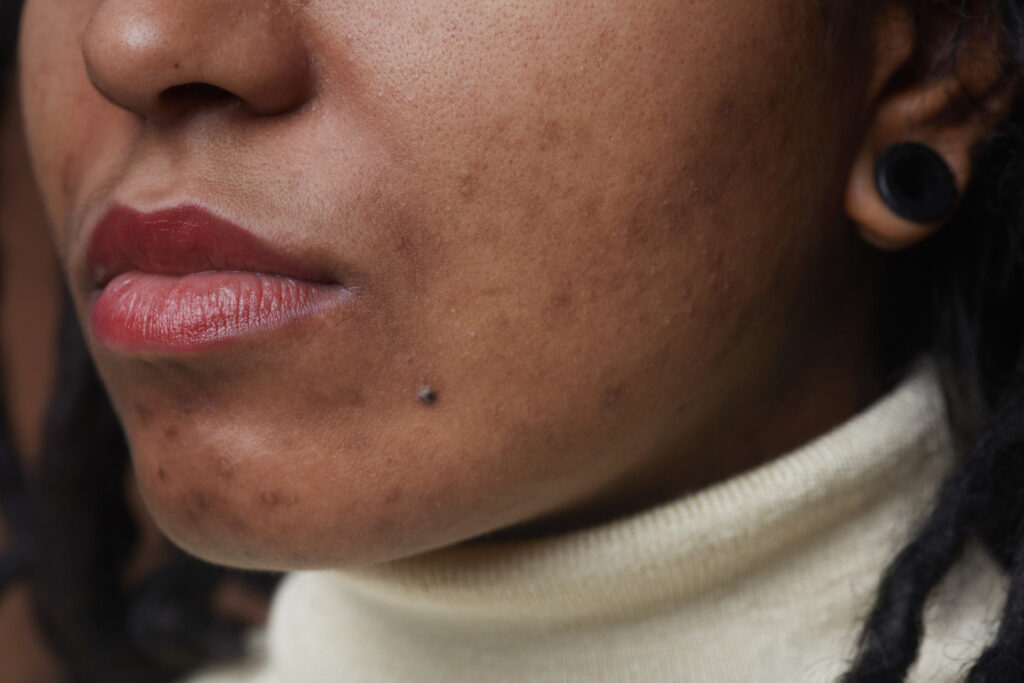Acne treatment: When is it time to see a doctor?
Acne treatment may or may not merit a trip to your doctor. Some people can manage their scars with over-the-counter (OTC) treatments and other efforts for self-care, while others suffer from acne grave enough to need medical help. Recording your medications; prescribed and self-assigned in your EMR is one way to ensure you are treated correctly should you need to consult your doctor.
It’s always a good idea to make an appointment for stubborn acne that refuses to go away. What you consider regular acne could be another skin condition like rosacea, keratosis pilaris, or perioral dermatitis.
Your dermatologist will need to visually examine your skin to diagnose acne and determine the type and acne treatment you’ll need.
For mild-to-moderate acne, start with OTC medication before you see a doctor. These include topical creams (retinoids) and acne face washes that contain acne-fighting ingredients such as salicylic acid and benzoyl peroxide. Retinoids and retinoid-like drugs control the clogging of pores, while topical antibiotics eradicate bacteria on the skin. Salicylic acid facial washes remove dead skin cells by exfoliation. For satisfactory results, ensure these medications correspond to the acne severity and your skin type.
What do you do when acne does not respond to treatment?
You may need stronger medication to get rid of persistent acne. Drugs that are strong enough to treat moderate-to-severe acne include antibiotics, which kill bacteria, treat inflammation, and fight infections. When antibiotics don’t work, your doctor may suggest a hormonal treatment only available to women and adolescent girls (an anti-androgen agent) or isotretinoin, a retinoid used to treat nodular or cystic acne. Your doctor may also suggest an extraction of whitehead or blackhead or a steroid injection.
Initially, you might confer irritating acne symptoms with your general practitioner and they might even advise more efficacious OTC treatments. If these acne treatments don’t work and your family doctor recommends seeing a dermatologist, prepare for this visit by writing down any questions or concerns you might have. Don’t forget to update them in your EMR.
The questions might look like this:
- What are the side effects of a particular acne treatment?
- Will medication treat the cause of my acne or only the symptoms?
- What are the possible causes of acne, and how can I lessen future breakouts?
- Will the acne medication interact with other medications I take?
- Are acne medications safe to use while pregnant or breastfeeding?
- How can I reduce the appearance of acne scars?
Acne is a common problem that affects people of all ages, but it doesn’t have to take over your life. If your skin doesn’t improve with self-treatment, don’t hesitate to speak with your doctor.

